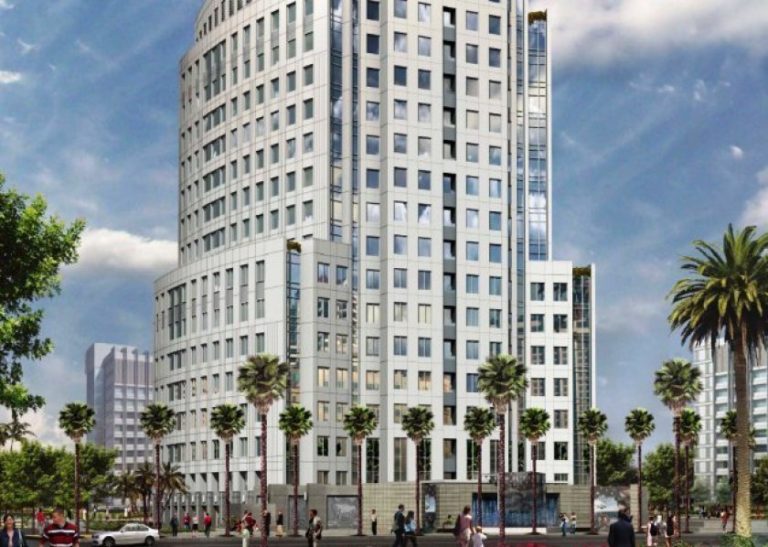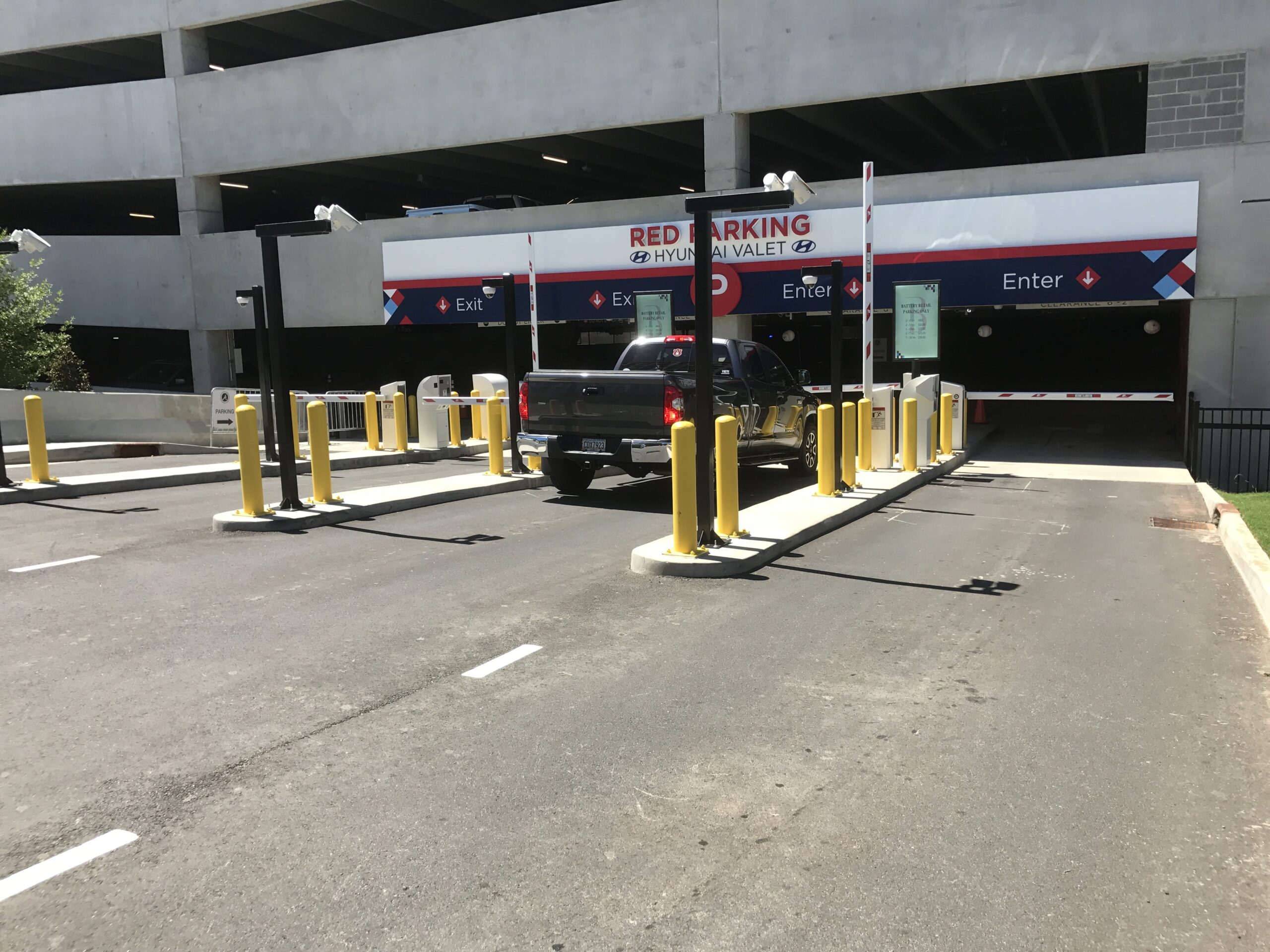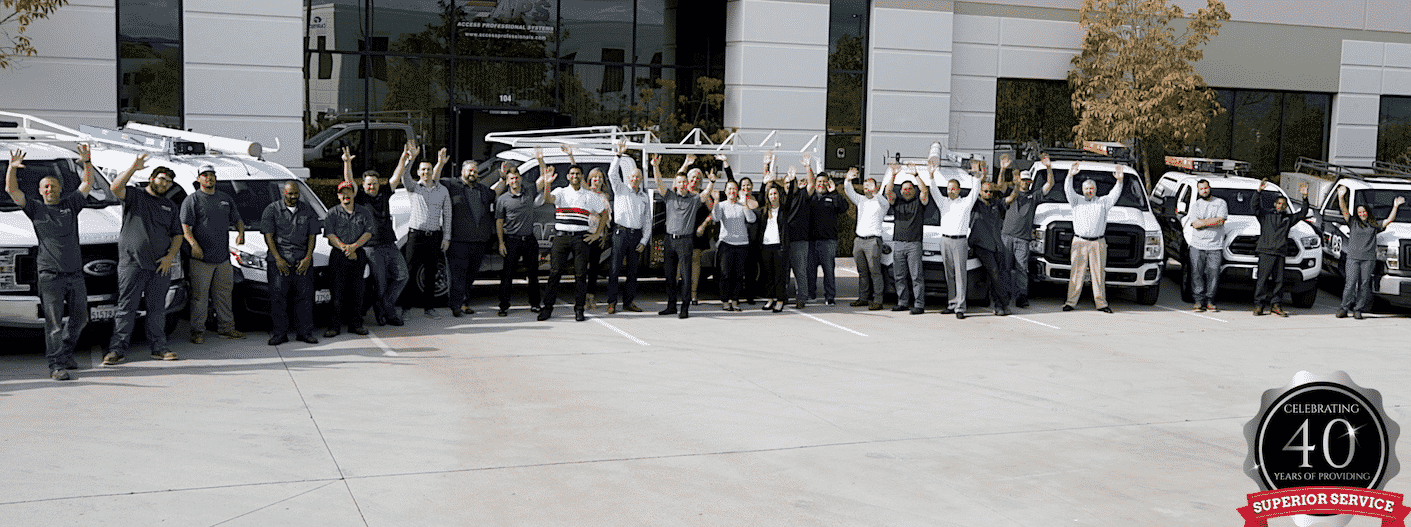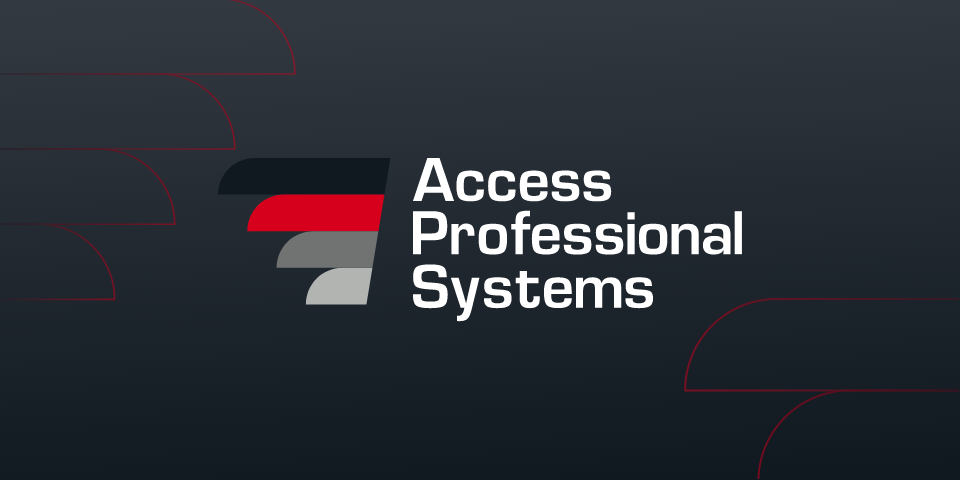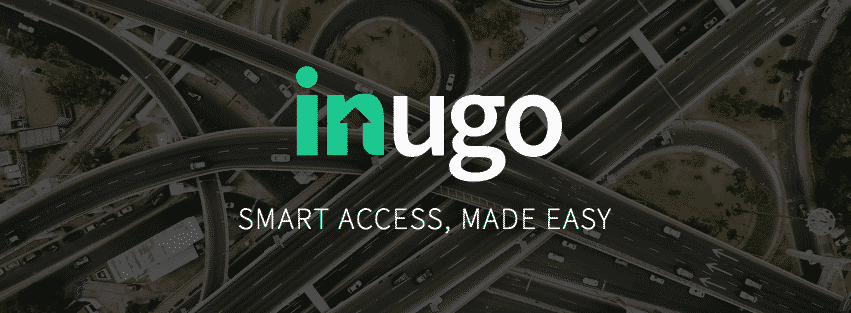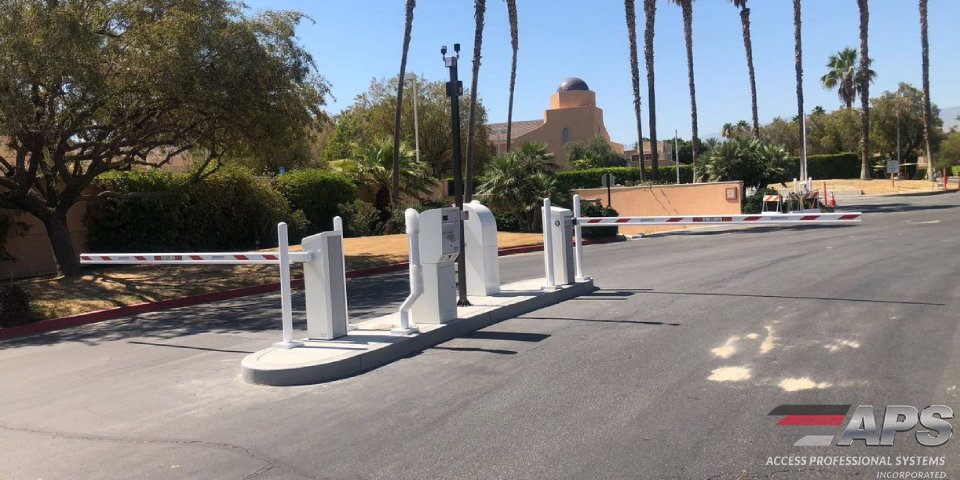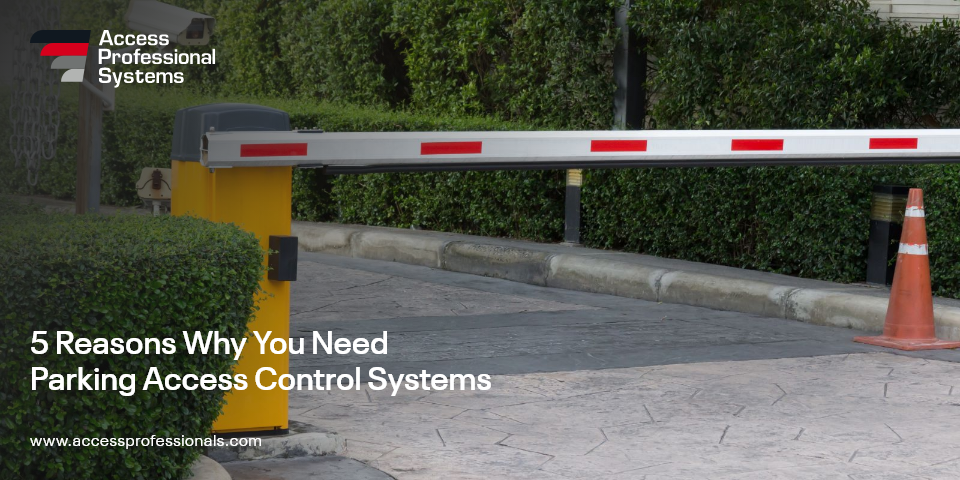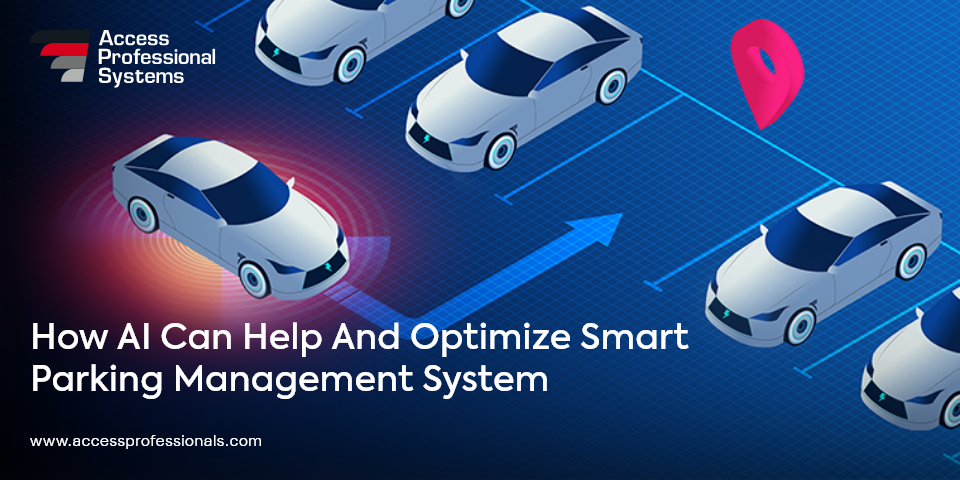
Smart Solutions for Parking Management: The Role of Technology in Optimizing Parking Spaces
As cities continue to grow and evolve, the challenges of urban mobility escalate, necessitating smarter solutions to manage the complexities of traffic and parking. The adoption of digital technologies in parking management, provided by leaders like Access Professional Systems, is no longer a convenience but a critical component in enhancing urban living. This blog explores how innovative parking solutions are transforming the urban landscape, making it more navigable and efficient.
The Parking Quandary
Parking in bustling cities is often synonymous with frustration for drivers and city planners alike. The search for parking can be a time-consuming and stressful endeavor, contributing to traffic congestion and reduced urban mobility. The ripple effects are significant, impacting economic activities and contributing to environmental pollution due to increased emissions from vehicles idling or circling for parking.
Revolutionizing Parking with Technology
Technological advancements are reshaping the framework of urban parking. From smart parking systems that utilize IoT and sensors to automated payment systems, technology offers many tools designed to streamline parking management and user experience.
- IoT-Enabled Smart Meters: These meters, provide real-time data on parking availability, allowing for dynamic pricing and improved turnover rates.
- Sensor-Based Parking Guidance Systems: Utilize ground or overhead sensors to detect vehicle presence and direct drivers to vacant spots via mobile apps or digital signage.
- Automated Payment Kiosks: Facilitate quick and contactless payment options, reducing wait times and enhancing convenience for users.
- Integrated Mobile Applications: Offer features like spot reservation, payment processing, and navigation, all from a smartphone, enhancing the overall parking experience.
Smart Parking Systems
Smart parking systems employ a combination of sensors, cameras, and IoT technology to monitor parking availability in real-time. These systems guide drivers directly to open parking spots, reducing the time spent searching and thereby minimizing congestion. Case studies from cities like San Francisco and Copenhagen illustrate how these technologies have transformed their parking landscape, significantly reducing traffic congestion and pollution.
Mobile Apps
Mobile parking apps have revolutionized how drivers interact with parking infrastructures. These apps provide real-time information on parking availability, allow remote payment, and even offer navigation to the chosen parking spot. User testimonials highlight how these apps have alleviated the traditional stresses of parking, making the process more streamlined and user-friendly.
Data-Driven Parking
Leveraging big data and predictive analytics, modern parking systems can forecast parking availability, enabling better management of parking resources. AI plays a pivotal role in analyzing patterns and optimizing space utilization, ensuring a smoother flow of traffic and enhanced user experience.
Automated Payment Systems
The transition from traditional coin-operated meters to digital payment solutions has simplified the parking payment process. Contactless payments not only enhance user convenience but also increase security, reducing the risks associated with cash transactions and providing a seamless user experience.
License Plate Recognition (LPR) Technology
LPR technology enhances the efficiency and security of parking management by automated access control systems and payment verification. Integrating LPR with other technologies like mobile payments and IoT enhances the robustness of parking solutions, providing a comprehensive system that supports modern urban needs.
E-Parking Permits
Digital parking permits represent a significant shift in how cities manage and enforce parking. These systems simplify administrative processes and provide greater flexibility and accessibility for users, as evidenced by municipalities that have successfully transitioned from paper-based to fully digital systems.
Green Parking Initiatives
Innovative parking technologies not only address efficiency but also environmental sustainability. Green parking solutions, such as electric vehicle charging stations and incentives for shared vehicles, encourage environmentally friendly practices and support cities in their goals towards sustainability.
The Role of Augmented Reality in Parking
Augmented reality (AR) is set to revolutionize parking further by enhancing the way drivers locate and navigate to parking spaces. AR can overlay digital information onto real-world environments, helping drivers easily identify vacant spaces and navigate complex parking lots.
- Interactive Parking Maps: AR provides an interactive overlay of parking lot maps, showing real-time availability of spaces.
- Navigation Assistance: Guides drivers through parking lots with turn-by-turn directions to open parking spots.
- Space Size Information: Displays the size of each parking space, aiding drivers with larger vehicles in finding suitable spots.
- Safety Features: Highlights pedestrian zones and traffic within parking lots to enhance driver and pedestrian safety.
Connectivity and IoT
The integration of IoT in parking solutions creates a connected ecosystem that enhances the management and user experience. This connectivity enables real-time data transmission and processing, leading to more efficient traffic and parking management.
Challenges in Adopting New Parking Technologies
While the benefits of modern parking technologies are clear, their implementation comes with challenges such as high costs, technological integration issues, and the need for user adaptation. Strategies to overcome these obstacles include phased deployments, public-private partnerships, and extensive user education campaigns.
- Infrastructure Compatibility: Ensuring new technologies align with existing infrastructure can pose significant technical and logistical challenges.
- Regulatory Approval: Navigating the often complex and varying regulatory environments can delay or complicate technology deployments.
- Data Privacy Concerns: Implementing systems that collect and manage user data requires stringent security measures to protect privacy and gain public trust.
- Cost of Upkeep and Maintenance: Ongoing maintenance and potential upgrades of new technologies can represent a substantial financial commitment for city planners and property managers.
The Future of Parking: Emerging Technologies and Trends
Looking ahead, the parking industry is poised for further innovation with the potential integration of autonomous vehicles and robotic systems, which could dramatically alter how parking is managed and experienced. As technology evolves, so too will the solutions offered, promising a future where parking is no longer a chore but a seamless part of urban mobility.
Regulatory and Ethical Considerations in Parking Technology
As we embrace advanced parking technologies, we must also navigate the ethical and regulatory landscapes. Ensuring data privacy and security is paramount, as is maintaining compliance with evolving regulations that govern these technologies.
The integration of digital technologies in parking management is more than just an enhancement; it’s a transformation that redefines urban mobility. With smarter parking solutions, cities can look forward to a future where traffic is less congested, parking is more accessible, and urban environments are more sustainable. This vision for smarter parking is not just a possibility—it’s a necessity for the cities of tomorrow.
We look forward to hearing from you!
Share:

